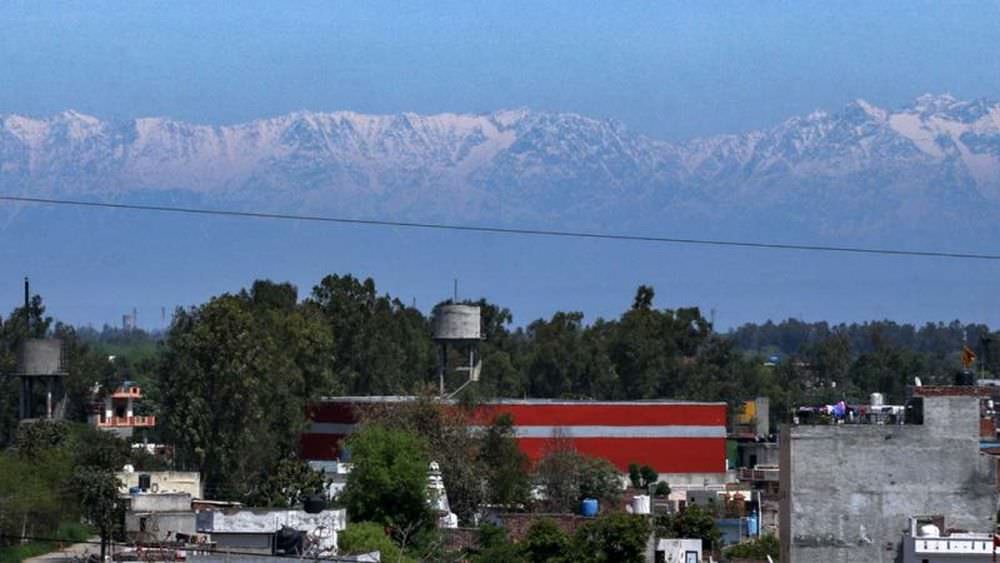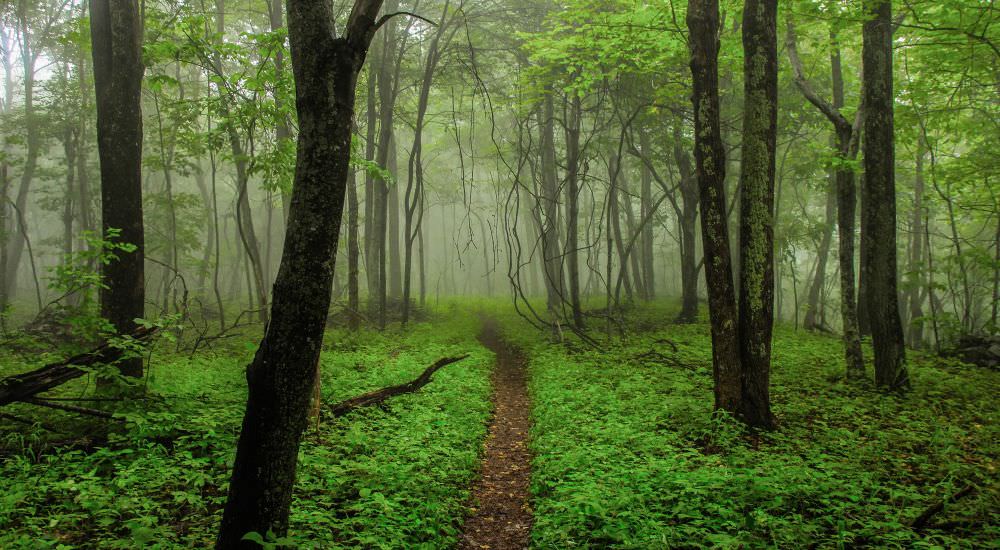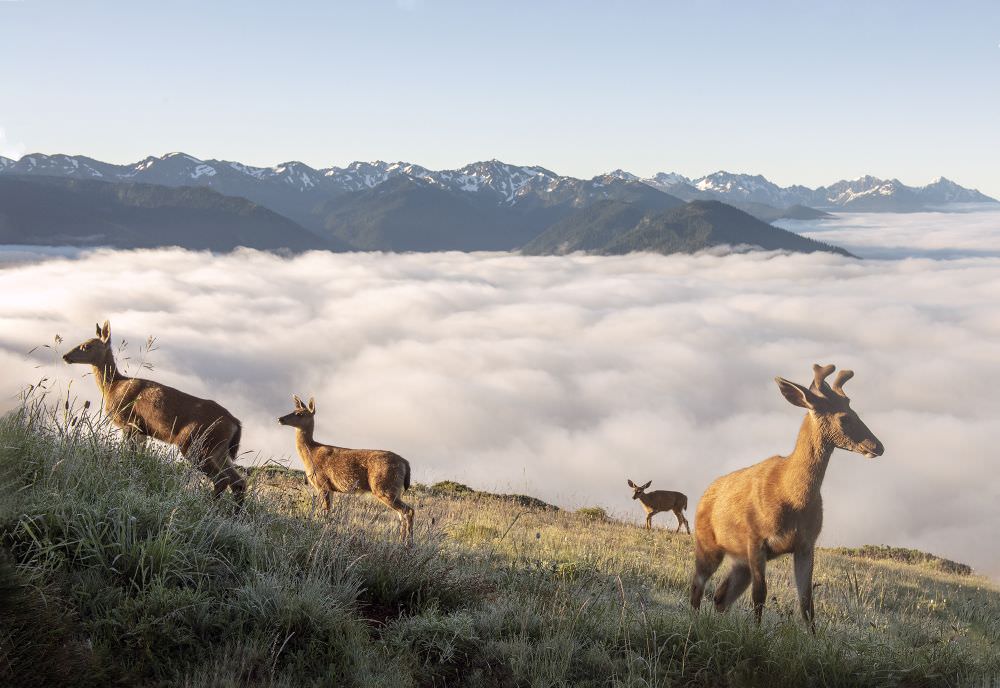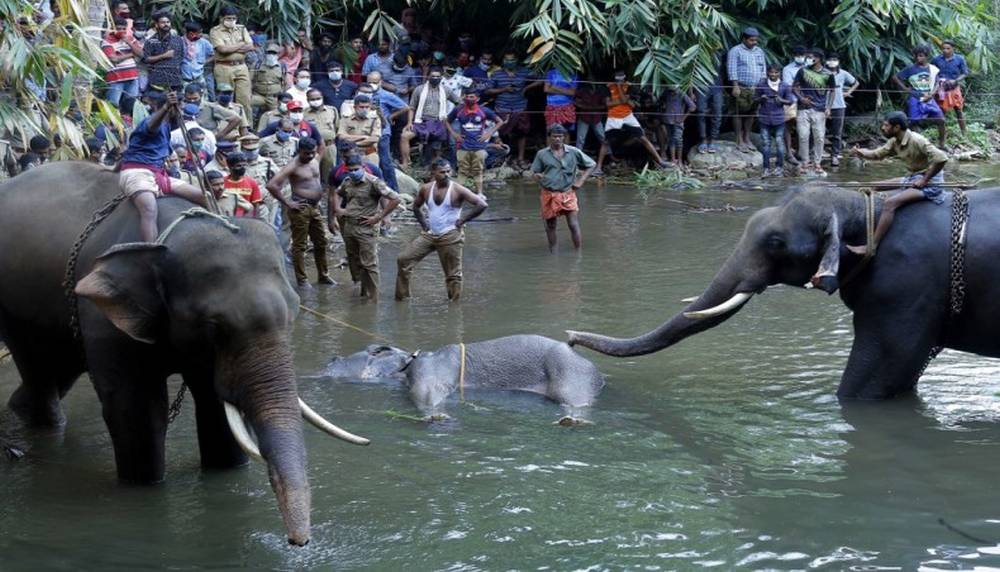World Environment Day 2020: It’s Time For Nature
Perhaps for the first time in a long time, mankind has actually stopped and looked around on its impacts on nature. The year 2020, when humans are locked inside their houses and nature is graciously claiming its space back. The current coronavirus pandemic has revealed that nature is better off without humans, with the clear skies and cleaner waters.
In India, with the world’s worst air pollution, “people are reporting seeing the Himalayas for the first time from where they live,” Lauri Myllyvirta, lead analyst at the Helsinki-based Centre for Research on Energy and Clean Air, said in an email.

People are seeing the Himalayas from Punjab, India due to reduction in air pollution / Image: PTI
Following the COVID-19 outbreak, many nations went under lockdowns and the wildlife blossomed from the absence of mankind. As the World Environment Day 2020 nears, one can only wonder whether the end of the pandemic will still mean the continuous flourishing of other environmental beings.
World Environment Day 2020
The World Environment Day 2020 is aptly themed ‘Time for Nature.’ Shedding light on how mankind is destroying this beautiful planet and other inhabitants of it, this theme is perfectly fitting.
Hosted by Columbia, in partnership with Germany, this year’s World Environment Day will see over 100 countries virtually commemorate the day with various events, seminars and discussions.

Survival of ecosystems will ensure the survival of mankind | Image: The Nature Conservancy
Celebrated on June 5 every year, it was first held in 1974 with the United Nations’ principal for encouraging awareness and action for the protection of the environment. However, mankind has created problems for nature, rather than solving them.
From environmental pollution, human overpopulation to global warming, various issues plague the planet, which is certainly inching toward impending doom.
World Environment Day offers a global platform for inspiring positive change. It distinguishes that global change necessitates a global community.
It urges individuals to think about the way they consume; for businesses to develop greener models; for farmers and manufacturers to produce more sustainably; for governments to protect the wild spaces; and for educators to inspire students to live in synchronization with the earth.
Time For Nature
This year’s theme “Time For Nature” is perfectly fitting, given the condition of the planet earth. The current pandemic has coerced humans to stay inside their homes, while the wildlife has thrived. This sudden change in polluted skies and waters makes one wonder “If the planet is better off without humans?”
Pictures and videos showing civet cats, deer herds, elephants, Kashmiri goats and other animals taking the streets in different parts of the world had been circulating on social media for a long time now.

Mountain goats roam the streets of LLandudno on March 31, 2020 in Llandudno, Wales | Image: Twitter @taslimanasreen
It surely is time for nature to claim its rightful space, which has been snatched by anthropogenic activities for too long. But, of course, nature has a way to retaliate, there are countless examples of that. Natural calamities and pandemics alone are enough to prove that.

It is Time for Nature | Image: The Nature Conservancy
While it is time for nature, it is hardly believable that it will actually happen. Mankind always has focused on its needs, regardless of the damage inflicted upon the environment.
India’s emissions have dropped for the first time in four decades. The current coronavirus lockdown has opened up ways to drop carbon emissions in India. The national capital Delhi, which is one of the most polluted cities in the world, has seen the clearest skies in many, many years.

India’s carbon emissions have dropped for the first time in four decades | Image: India Today
Recently, a heart-wrenching incident of the horrible death of a pregnant elephant in Kerala state in India has come to light. The poor animal ate a firecracker-filled pineapple that was placed by cruel locals, which exploded in its mouth and led to death.

Onlookers on the banks of the Velliyar River in Palakkad district witnessing the dead pregnant elephant | Image: AFP
Various other aspects of human life, including the fashion industry, the oh-so-great invention of plastic, and industrialization, have been destroying the ecosystems.
Surely, there are individuals fighting for the health of the environment, but the aggregate progress is negligible. Celebrating “World Environment Day” on June 5 and polluting the earth for the rest of the year totally negates the cause.
For quite some time now, it has been evident that if mankind wants to survive, the species has to change their greedy way for the greater good, i.e. the survival of the earth and its all inhabitants.


